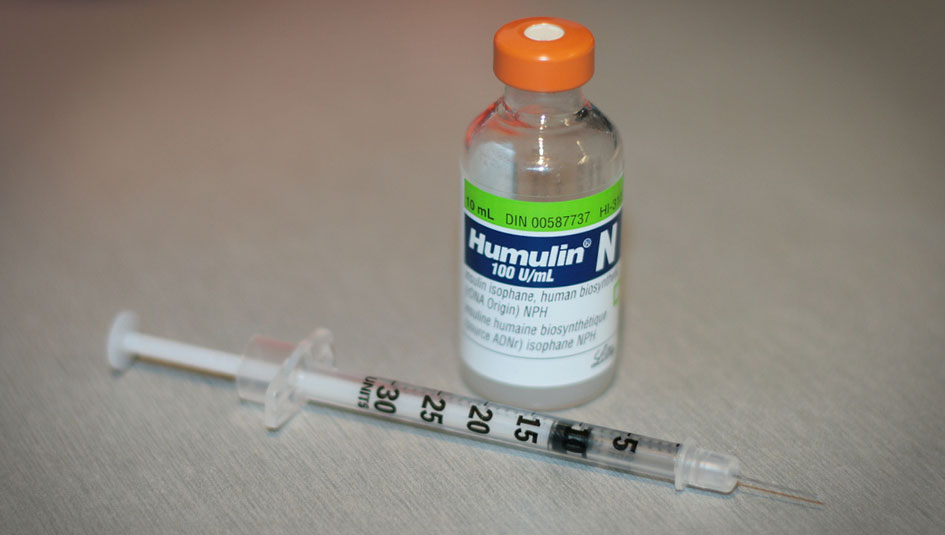Provention Bio Starts Rolling FDA Submissions for T1D Preventative
Breakthrough therapy designation and expedited submission process for teplizumab, a drug shown to delay and even prevent T1D development

It has been a while since Provention Bio (website), a clinical-stage biopharmaceutical company focused on immune-mediated diseases, announced their first exciting results from their teplizumab drug trials.
In multiple double-blind, placebo-controlled clinical trials, the company has shown the effectiveness of this drug to preserve beta-cell function in subjects with pre-clinical and new-onset type 1 diabetes.
And now, with this new FDA submission process initiated, it appears teplizumab, the first preventative treatment for type 1 diabetes, may soon be on its way to market.
What is Teplizumab?
In highly technical terms, teplizumab is an anti-CD3 monoclonal antibody that disrupts the immune cell activity responsible for the destruction of beta cells in autoimmune diabetics. Or, more generally, this drug acts to rewire the immune system to increase immune tolerance and reduce or halt the destruction of insulin-producing cells in the pancreas.
When administered to subjects with a high probability of developing type 1–those testing positive for two or more autoantibodies–teplizumab appears to not only delay the onset of the disease but may actually completely prevent it from developing in some people.
In the clinical trial of teplizumab sponsored by the National Institutes of Health, the median time to clinical diagnosis was two years for those on the placebo and four years for those on the drug.
About 60% of the subjects receiving teplizumab did not develop diabetes at all compared to only 30% on the placebo.
For these subjects, the drug was administered daily for fourteen days at the beginning of the study, and no follow-up treatment was given.
Who Might be a Candidate for Teplizumab?
While the above study looked specifically at the effects of the drug on people who tested positive for multiple T1D markers but had yet to develop hyperglycemia symptoms, other studies have shown promise for use of this drug in newly-diagnosed type 1s already showing clinical symptoms.
Subjects in these studies consistently demonstrated preserved beta-cell function and had a reduced need for exogenous insulin.
There is some potential for this drug to be useful for those with more advanced diabetes, but the main focus of Provention Bio for this exciting new drug is in preventing or delaying the development of diabetes in those with a high predisposition for the disease and in reducing insulin needs and blood sugar management difficulties in those who have just been diagnosed.
Current FDA Designation and Upcoming Market Release
In August of 2019, teplizumab was granted breakthrough therapy designation by the FDA, paving the way for an expedited review process for this one-of-a-kind T1D preventative.
Now, with the initiation of rolling submission of the company’s Biologic License Application for teplizumab, it seems a market launch date could potentially be announced as soon as 2021.
The rolling submission process allows Provention Bio to submit completed modules for the development and use of the drug on an ongoing basis. Currently, the company has already submitted the non-clinical module and hopes to submit the clinic module by the end of Q3 and the chemistry, manufacturing, and controls module by the end of the year.
Once the final module is submitted, the FDA will then make a filing decision. At this point, the company expects to receive a final review of the new drug within six months due to the breakthrough therapy designation. Meaning, it is possible we will see potential market release information for this treatment by the end of next year, assuming it is approved for use by the FDA.
Another Similar Drug Coming
While teplizumab is most likely to be the first type 1 diabetes preventative treatment to hit the market, there are a few similar preventatives in the works, including an oral treatment from ActoBio Therapeutics.
Neither ActoBio and Proventation Bio would have been able to get where they are today without the help of research studies like TrialNet that work to identify early markers of type 1 diabetes and assess risk factors for the development of the disease.







